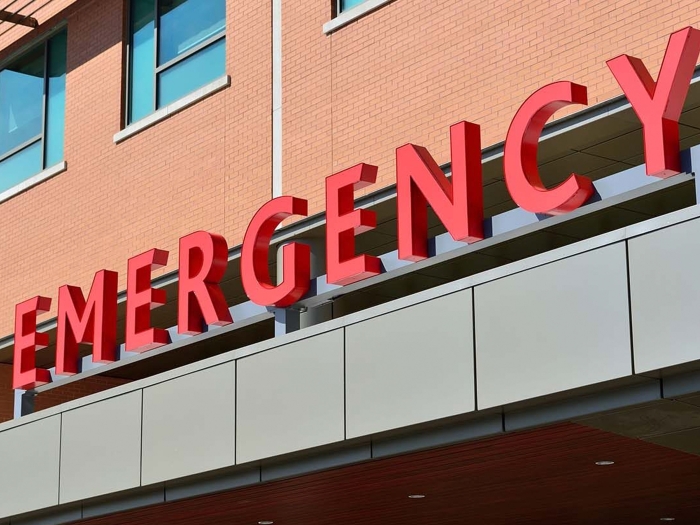
Providing Urgent & Emergency Care
The highest quality of patient care is our standard.
- Provide the highest quality emergency medical care to all patients presenting to the Emergency Department
- Provide timely services to patients with urgent or emergency conditions
- Provide cost-efficient medical care
- Be the leader in customer service for patients and families
- Provide consultation within U-M Health and the medical community on patient diagnosis and strategy for patient care
The mission of the Emergency Department is to provide the highest quality and timely care to patients presenting for emergency treatment; to offer outstanding educational opportunities for medical, nursing, and allied health personnel; and to further medical knowledge through the pursuit of research.
We will provide an environment that promotes compassion and respect for our patients and families and each other; that employs the highest ethical standards; and that utilizes resources in an efficient manner.
As member of the U-M Health Emergency Team, we are committed to:
- Respecting the dignity and privacy of patient, families and co-workers
- Recognizing and acting on opportunities to improve our services
- Being the leader in customer service for patients and families
- Easing access to acute health care through referrals, educational support & information
- Ensuring excellence in emergency service by providing quality cost effective emergency care
- Providing timely services to patients with urgent or emergency conditions
- Maintaining a leadership role in the delivery of emergency health services
The Division of Pediatric Emergency Medicine consists of faculty members, at the Children’s Emergency Services at University of Michigan Hospital and at the U-M Medical School Pediatric Emergency Department at the Hurley Medical Center in Flint. Between these two campuses, the Division cares for more than 40,000 sick and injured children. Faculty members are board certified in pediatric emergency medicine and some are also boarded in general emergency medicine as well.
We are a Level I Pediatric Trauma Center, a national center for Pediatric Emergency Medicine Research, and host to a Pediatric Emergency Medicine Fellowship program.
The Emergency Critical Care Center (EC3) is part of Michigan Medicine and was created to improve access to timely critical care by enhancing the capacity and capability to deliver high quality critical care in the Adult Emergency Department.
Why is this Important?
Critical illness and injury, when considered as a single entity, is the leading cause of death in the United States. It has become a national burden to Emergency Departments around the country at an alarming rate. This growth is expected to continue due to an aging population with increased comorbidities and complications of advanced medicine.
Goal
The goal of the EC3 is to support the Michigan Medicine Strategic Plan, establish multidisciplinary patient care protocols for critical care that ensures seamless transition from the emergency department to the inpatient intensive care units, and by enhancing the capacity and capability to deliver high quality emergency critical care by creating a dedicated Emergency Critical Care unit with the emergency department.
The EC3 will provide the ideal setting to provide contemporary critical care to our sickest patients, perform cutting-edge research through the Weil Institute for Critical Care Research & Innovation and train future leaders in our Emergency Critical Care fellowship program.
Education
EC3 provides an opportunity to learn the interface between critical care and emergency medicine. Not currently taking rotators -- please check back later.
Mark J. Lowell, MD, Survival Flight Director
- Safety
- Respect
- Premier Clinical Expertise
- Outstanding Customer Service
- Commitment to Academic Excellence
The Department of Emergency Medicine provides medical direction for SURVIVAL FLIGHT, the critical care transport program of the Michigan Medicine. Flights are completed by a team of highly experienced flight nurses (who are dually licensed as paramedics) and Emergency Medicine residents and fellows. The combination of a skilled flight team and large, state-of-the-art aircraft enables Survival Flight to deliver university-level care at the bedside and in the air safely and efficiently.
Survival Flight teams are nationally recognized for their skills and expertise.
Since 1995, the U-M Department of Emergency Medicine has provided faculty staffing for the emergency department at Hurley Medical Center in Flint, MI. Hurley is also a key training site for our residency and fellowship programs.
Our nationally-recognized facilities are equipped to handle all urgent and emergency problems including brain injury, stroke, heart attack/chest pains, burns and poisoning. Explore treatment options that are right for you.





